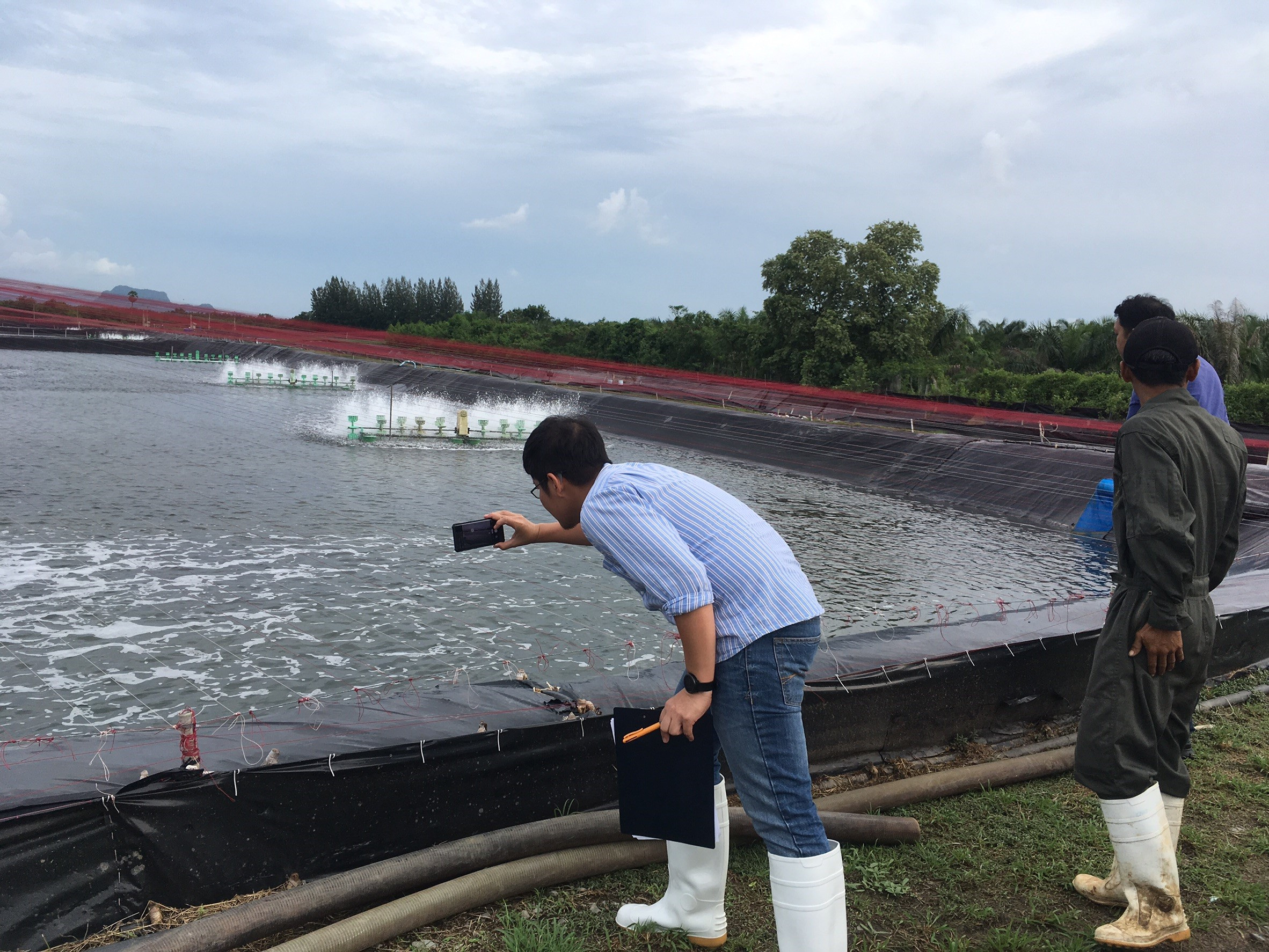October 14 – Food has never been higher on the sustainable business agenda and it’s not hard to see why. Our food systems are failing badly – hitting the resilience of the societies and business that relies on it.
Food is one of the primary drivers of the climate and nature crises, responsible for a third of global greenhouse gas emissions, 70% of freshwater use and 80% of biodiversity loss. At the same time, millions go hungry, while 30% of food is wasted.
Then there are the 4.5 billion people who depend on food systems for their livelihoods: with 90% of employment in agriculture informal, it’s where most child labour occurs.
A lot of attention is focused today on transforming production processes for major land-based commodities such as beef and soy. This is essential, but we can’t overlook the foundation of more than 3 billion diets: seafood.
The Thai shrimp supply chain offers a litmus test for what’s possible, while also underlining what’s at stake.
Ten years ago, allegations of severe human rights abuses, including slavery and forced labour, were uncovered in the Thai shrimp supply chain, rocking the industry to its core. This week, I’m in Bangkok with representatives from across the entire supply chain – farmers, packers, vessel owners and retailers – for our annual gathering of the Seafood Task Force, reflecting on a decade of change in the country.
We’ve learned a lot in driving this progress over the last 10 years, while also being frank about where there is still much further to go.
Looking back, five lessons stand out. They show what other regions and supply chains can do to improve their practices:
1. Retailer commitment is key Suppliers – many of whom are smallholder farmers – can’t change their practices unless the demand is there. Many retailers have realised the long-term value of secure, stable supply chains, and are prepared to invest to get them. That is essential.
2. Building a common set of tools and resources unlocks significant value It’s not easy getting fierce competitors to collaborate, even when that collaboration lowers costs and enhances competition, but it is transformative. By bringing new solutions to over 75% of the entire Thai shrimp supply chain, we were able to engage on practices and supply chain behaviour across almost all Thai shrimp actors, making much more profound changes than would have been possible in siloes.
3. There’s no substitute for action on the ground Too many initiatives fail because they’re designed and run from boardrooms in the U.S. and Europe, without understanding the practicalities of how they can be realistically implemented across the entirety of the supply chain in producer countries. We have focused on building strong networks on the ground to actively tackle underlying issues that impact the working, social and environmental conditions in the seafood sector, which are not easily touched by traditional certification processes.
4. Governments can choose to be leaders When the EU imposed a “yellow card” on Thai fisheries, the Royal Thai Government chose to pursue radical reforms. With that EU warning lifted in 2019, these reforms have helped Thailand to become one of the world’s leading exporters of quality seafood products, generating approximately $60 billion in annual sales and turbocharging competition in service of consumers. As the food system transformation gathers pace, governments have the choice to lead, and with that to protect and grow critical industries.
5. Social and environmental progress succeed or fail together From the outset we realised that environmental degradation drives human rights abuses. With overfishing and pollution comes smaller fish stocks and tighter margins, leading to ever worse working conditions – a vicious cycle.

Although I’m proud of the progress we’ve made, it’s clear there is still much further to go. Just in the last 12 months, further allegations of significant human rights abuses have been uncovered in the Indian, Indonesian and Vietnamese shrimp industries, with worrying echoes of the stories in Thailand 10 years ago.
We need to take lessons from our work in Thailand and apply them to help accelerate our work across Asia.
The question is: how can we lock in the progress that’s been made, while expanding oversight and continuous improvement to more regions, commodities and supply chains?
Retailers need to hold themselves accountable and collaborate with their supply chain partners, across their supply chains, to ensure human rights are upheld, and the environment is protected. Not because of a sense of moral responsibility – though that matters.
It’s because human rights-compliant and environmentally sustainable supply chains are more resilient, more reliable, and ready to stand up to public scrutiny and tightening regulation.
That’s what many of the global retailers we work with tell us time and time again: it gives them the confidence to trade.
Opinions expressed are those of the author. They do not reflect the views of Reuters News, which, under the Trust Principles, is committed to integrity, independence, and freedom from bias. Ethical Corporation Magazine, a part of Reuters Professional, is owned by Thomson Reuters and operates independently of Reuters News.















